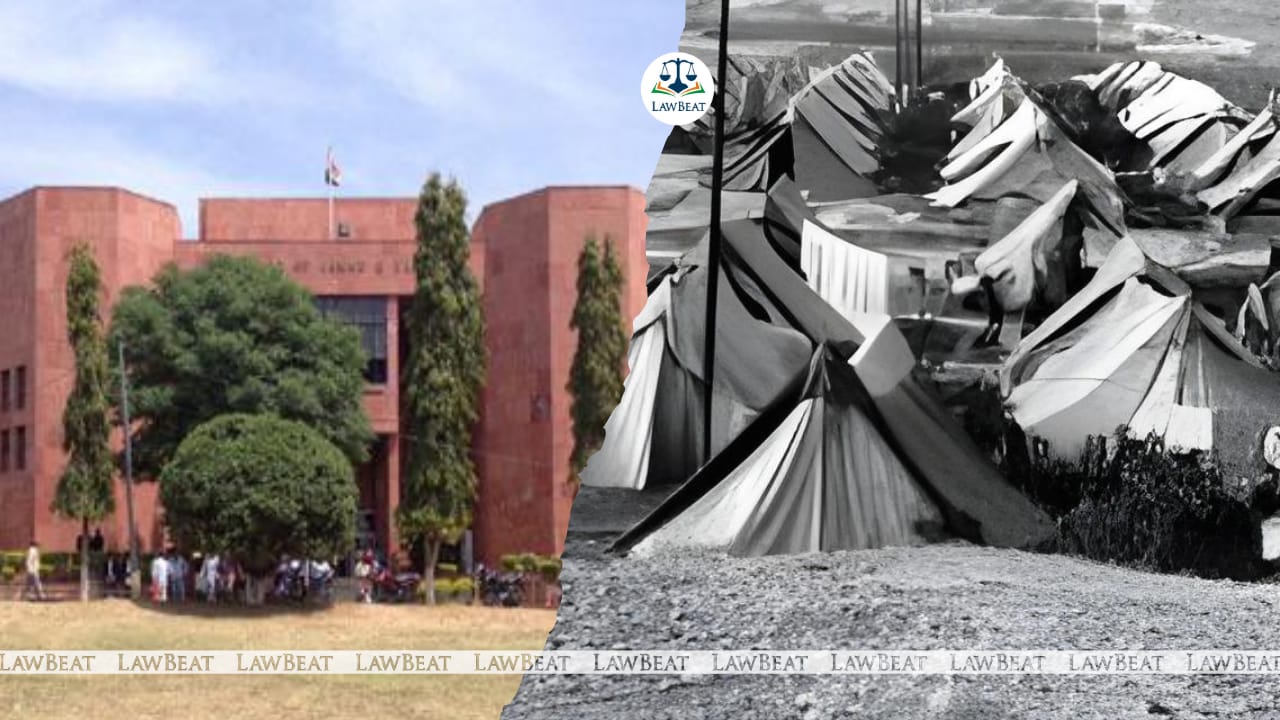Kashmiri Pandit Women Retain Migrant Status Despite Marrying a Non- Migrant : J&K and Ladakh HC

The court emphasised that the definition of "migrant" did not provide for reversal of migrant status once granted
The High Court of Jammu & Kashmir and Ladakh has ruled that Kashmiri Pandit women who migrated due to the turmoil of 1989 do not lose their "migrant" status merely because they married non-migrants.
A Division bench comprising Justice Atul Sreedharan and Justice Mohd. Yousuf Wani, delivered the verdict while addressing an appeal filed by the Jammu & Kashmir government against a Central Administrative Tribunal (CAT) order directing the issuance of appointment letters under a special recruitment scheme for migrants.
The respondents, Seema Koul and Vishalni Koul, both Kashmiri Pandit women, were forced to flee the Kashmir Valley with their families in 1989 during the onset of militancy. They were later certified as migrants and applied for positions as Legal Assistants under the Prime Minister's special recruitment package for migrants. While their names appeared in the provisional selection list published by the Jammu & Kashmir Service Selection Board (JKSSRB) in response to Advertisement No. 04/2017/149, they were excluded from the final list. The exclusion was based on claims that their marriages to non-migrants rendered them ineligible for the positions under the J&K Migrants (Special Drive) Recruitment Rules, 2009 (SRO 412).
The State argued that the women’s marriages disqualified them as migrants under SRO 412 and claimed they had concealed their marital status. Meanwhile, private respondents on the waiting list contended that granting these women migrant status would deprive eligible candidates of opportunities. Conversely, the petitioners argued that their migrant status, acquired due to their forced displacement, remained intact irrespective of their marital status. It was contended that disqualifying them for marrying non-migrants violated Articles 14 and 16 of the Constitution, as male migrants retained their status regardless of whom they married
The court stated that the respondents’ displacement from the Valley after 1989 was undisputed and qualified them as migrants, further noting that “the scope of definition of “Migrant” and has concluded that the definition does not provide for any disqualification or reversal of the status of the migrant once granted.”
The court rejected the argument that marriage to non-migrants disqualified the women, emphasising that such a stance perpetuated gender-based discrimination. “Respondents herein, who are ladies and on account of no fault of theirs, had to leave their place of original residence in Kashmir Valley, cannot be expected to remain unmarried only to secure a job in the Kashmir Valley as a migrant. It is also reasonable to presume that because of the exodus, not every migrant woman would be in a position to find a match who himself was a migrant. In such a situation, to hold that the woman would lose her status as a migrant only because she, out of the natural urge of forming a family, had to marry a non-migrant on account of existing circumstances, would be grossly discriminatory and militates against the very concept of justice. This discrimination becomes even more brazen where a male migrant continues to remain a migrant notwithstanding the fact that he has married a non-migrant. Such a situation has arisen only on account of patriarchy that prevails in the human race. However, in matters relating to employment under the State/UT, such discrimination cannot be countenanced,” observed the court.
Additionally, the court dismissed the argument of non-disclosure, stating that the recruitment notice did not require disclosure of marital status nor provided for disqualification on such grounds.
Upholding the CAT's ruling, the court dismissed the State’s appeal and directed the authorities to issue appointment orders to the respondents within four weeks.
Cause Title: UT of J&K and others v Seema Koul and anr. [WP(C) No. 2631/2024]
Appearances: The appellants were represented by Senior Additional Advocate General Monika Kohli and Advocate Bhannu Jasrotia. The respondents were represented by Senior Advocate Bimal Roy Jad, assisted by Advocates Meenakshi Salathia Kaur and Veenu Gupta.
